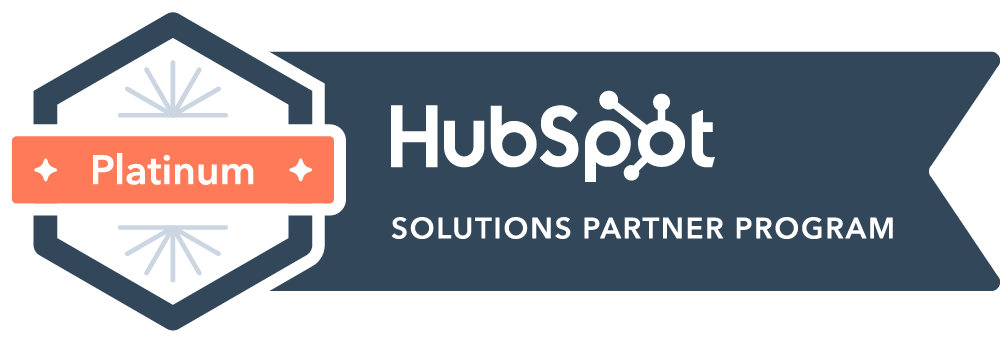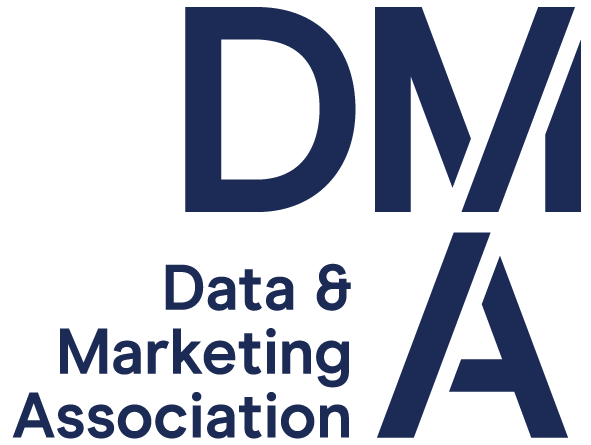Selecting your channels and designing your sales approach: the key to achieving cut-through in your market
We live in such a connected and always-on world, increasingly enriched with digital experiences, it’s hard to conceive that not everyone is just at the end of an email, phone, or WhatsApp message. Yet there are still people out there who don’t spend the highest proportion of their working day in a digital space. In other professions the lines are blurring, and research shows the pandemic has given rise to different channels and ways of connecting, even disrupting the sales cycles in some industries. In recent months, video and live chat have been the breakout stars. And research shows that 70% of B2B decision-makers say they are open to making new, fully self-serve or remote purchases over $50,000, and 27% would spend more than $500,000. That’s a significant shift from the perception of e-commerce as high volume, low-value sales.
Why is this important?
Choosing the right channels and tools is crucial to improving your sales numbers. In fact, understanding what your prospective buyer requires to make a decision about your products and services, empowers you to invest your time where it matters.
Keep your customers’ needs at the centre of your decisions
Imagine your primary buyers are busy hospitality professionals who spend minimal time at their desks and don’t have a wealth of time to peruse content online, they might really need the cut-through of a conversation to kick off any discussion around their buying decisions. Your plan will therefore look very different from one targeting CIOs in Fintech companies shopping for accounting software, or HR leaders procuring performance management software systems. For the latter examples, you may need to invest more time in your inbound strategy. For the former, a well-crafted script for an initial phone conversation, followed by links to engaging product information and an easy way to book a demo, might be just the ticket.
Find the parts of your sales cycle that need attention
This part can be tricky because it requires an honest assessment of how well your current strategy performs and forces you to examine undiscovered territory. Say you are limited to one or two channels, and there’s no formal funnel for your prospects; this leaves little room for optimisation and doesn’t give you much data visibility.
Where do you close most of your deals? And where do you find yourself fighting to stay in the game? If you’ve never diverged from the tried and tested phone call, how’s it working for you?
If your preferred outreach method is a phone call, are your sales team spending a lot of time aggregating follow-up content for the prospect before the conversation can proceed to the next stage? Do you find it difficult to get hold of senior decision-makers? Is it a challenge to articulate your offer over the phone?
The answers to these questions provide the insight you need to optimise and design your contact sequences. If the conversation with the key decision-maker is happening too early in the cycle, you could be squandering the opportunity to close the deal because you need to spend time generating awareness. It’s far more efficient to educate your prospects through outreach emails that give greater context to the problem you solve, or pose a challenge that sparks a conversation. Similarly, signposting to relevant video content could expedite your process, allowing your discussions to begin from a position of shared understanding.
Assess which channels and tools meet your needs:
There are numerous ways to integrate your user’s experience, from website transactions, payments processing, cross-selling, coupon codes, tracking, and maintenance, to name but a few. Whether your business sells products, services, or your sale is a more consultative, longer burn, you can create an experience that adds value at every stage of the pipeline.
Sales and Marketing integration is so important to your success in this area. When you work with your marketing department, you can use the content they create as a sales tool to attract potential buyers into the sales funnel. They can proactively help you find channels where potential customers search for answers your service provides, whether that’s through a more targeted social strategy or integrated live chat into your website. All of the above strengthens the quality of leads in the funnel, enabling you to establish strong business relationships with your buyers and gain their trust.
While this list isn’t exhaustive, it gives you an insight into which strategy might best serve your audience:
Social selling: through leveraging your networks and building relationships on LinkedIn, Twitter and Instagram, you can start conversations, respond to comments and engage with broader discussions about the challenges affecting your prospects. On LinkedIn especially, dialogues can easily migrate from the comments sections into a more formal approach. It also makes sense to talk shop where your competitors are hanging out, conversations are already in-flight, and people expect a sales approach. Here, the relationship is central to the sale, so this channel is best-suited to longer sales cycles that require more nurturing and time investment. You can complete your entire sales cycle via social selling, but it works best when used in conjunction with other channels and you migrate to a video call or meeting.
Email: Email works best when it’s personal but not presumptuous; a well-written email with an attention-grabbing subject line can pique interest. Generic, catch-all email blasts will never have the desired effect. Still, if you can segment your audiences and trigger relevant email content based on their buyer behaviours, you boost your chances of conversion. Even innovative templates that allow for some degree of personalisation and offer a gift such as a guide or a download can nudge your prospect in the right direction and helps you earn the right to a more in-depth conversation.
Phone call or video chat: Conversation is undeniable; even the most introverted amongst us get value from human connection. Where the phone call punctuates the sales cycle is entirely up to you. For some organisations, it’s their only strategy. Without a vast pool of potential buyers or a killer elevator pitch, it’s easy to burn through a database without getting real traction. Sales are about persistence, but it’s also advisable to align your sales approach with your buyer’s needs. If your buyers prefer to research online, amp up your inbound and digital outreach ahead of making calls. If your audience is tech-savvy, deliver innovative video content and let their response drive the conversation forward.
Live chat: Live chat is one of the most potent sales tools out there. It enables direct real-time interaction with visitors to your website, capturing their immediate needs. It’s a valuable touch-point, but it works best where there are definitive answers, or you have a mechanism to book a demo.
Every business can benefit from a solid inbound strategy: Ample opportunities for prospective customers to research marketing content, participate in live webinars to see how your products solve their problems and lead to better quality, which means more qualified leads for your sales team.
Build an integrated tech stack that supports your prospect’s journey: A data-driven sales culture means that your sales representatives and managers monitor essential information that drives your business, such as sales dates, sales cycles, customer satisfaction and outbound activities. Business intelligence tools that centralise and combine data from your CRM, LMS, telephony and VoIP systems (and integrate with marketing automation systems) offer the best opportunity to examine where you’re experiencing drop-offs in engagement. You can therefore fail fast and fix things quickly, so your approach evolves with your market.
Getting started:
Armed with a plethora of tools and insight, you can continually optimise your sales approach. But this is the real world, not everything happens in the correct order, and we understand that not every business has the resources or the time to invest in systems and software. Optimising your prospect’s experience and driving better data visibility starts with setting up some joined-up internal processes. Even simple things like well-crafted follow-up emails, customer surveys and regular communications can drive better retention and increase sales success.
If you need guidance designing your sales approach, we can help. Contact us…















